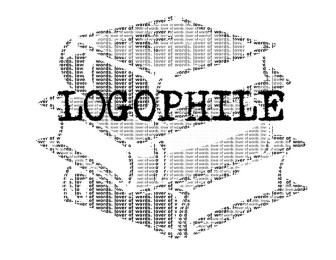Logophile: The Book Thieves of America
There are times when I walk out of our Encinitas Library, fumbling with the door handle around my armful of books, DVDs, and a stray CD, wondering, “How on earth can this be legal?” There are places a mere block away that look like a library, smell like a library, sound like a library, but had I been leaving there with such a booty, I’d be followed with indignant cries, sirens, handcuffs and general trouble. I would be depriving part of not only the store owner’s income, but the author and publisher’s share as well. In our public libraries, the store owner is the government and we all know they have other sorts of revenue, but what about those poor, deprived writers who can’t afford the ink with which they write? How do they get their share?
Evidently, they don’t. We all know that most writers don’t get serious money even before the library is involved — unless they hit some serious bestseller charts (J.K. Rowling, anyone?). According to Mill City Press, the average priced book, depending on the publishing company, will at best give the author about $1 per book. That’s decent until you consider how much time he or she put into it, the average number of books an author sells, and living costs.
A book in the public library, however, can make a serious dent. In our Encinitas Library, a single book can accumulate over 100 holds in a week. That’s 100 books not being bought, $500 not going to the person who created it. That doesn’t seem like a serious loss until you bring in the, according to the American Library Association, 8,950 other public libraries in the United States. And the other 51 weeks in that year. To put it in perspective, if someone new checks out a certain book in every United States public library every week for a year, the author loses $465,452 of prospective income.
Now, I’ll be the last person to call for public library demolition. Free knowledge is beautiful and, as ol’ Ben Frank, the founder of America’s first lending library, said, “An investment in knowledge pays the best interest.” But how is depriving money from imaginers, creators, writers, an “investment in knowledge?” It’s obviously an imperfect system, but not without a solution. May it be through copyrights, separate laws, or grants to subsidize culture, over 40 countries compensate authors for their losses to libraries with the Public Lending Right ever since 1941. The European Union is even pushing for all of its members to adopt some form of the Public Lending Right. Why not the big U.S.? Does Europe just respect their writer’s more than we do our own?
As professor for University of Oregon’s School of Journalism, Jack R. Hart, explains it, “PLR is a form of recognition.” A recognition that American authors evidently lack.

